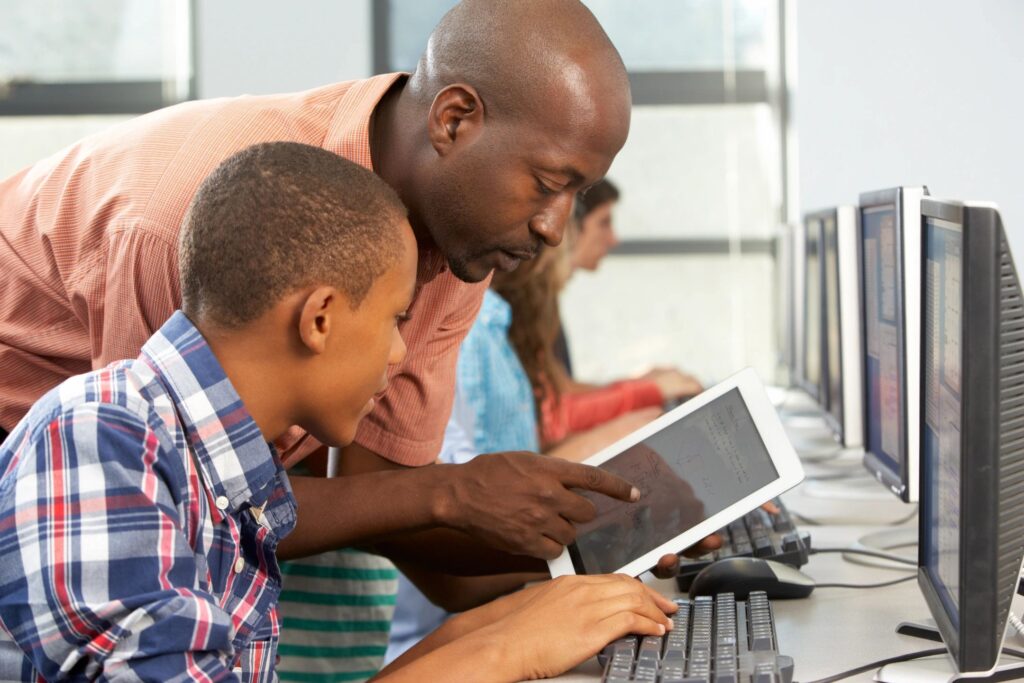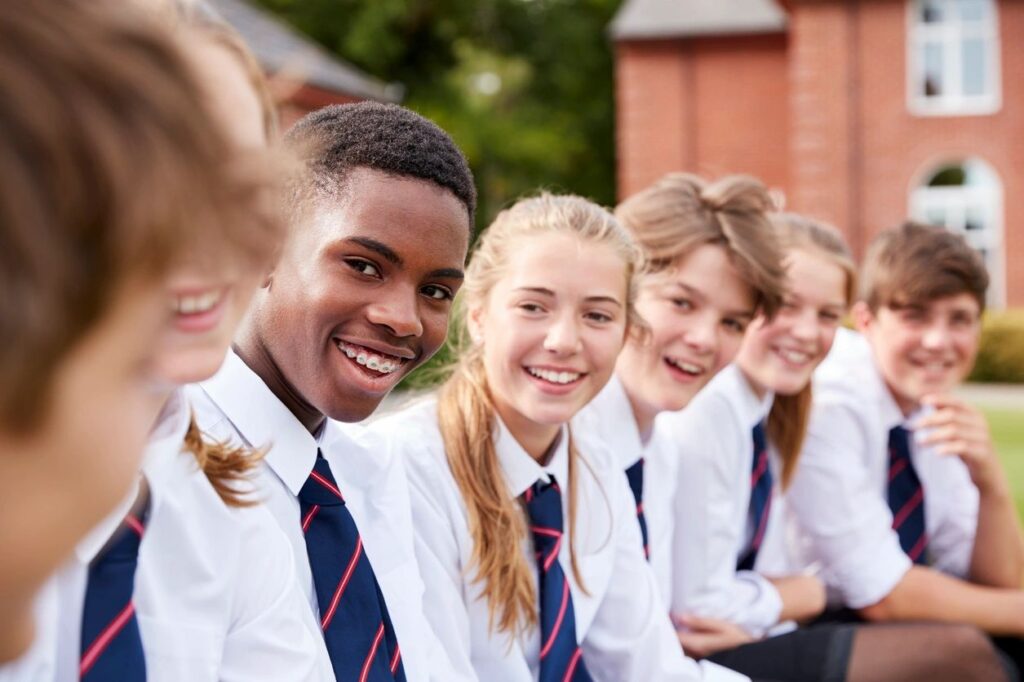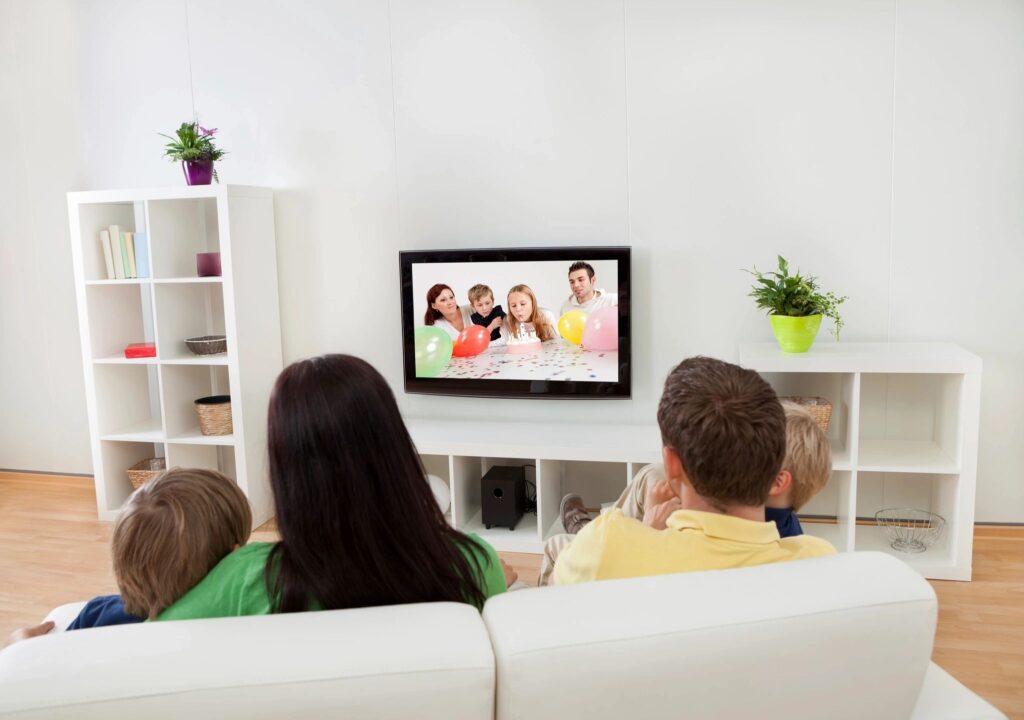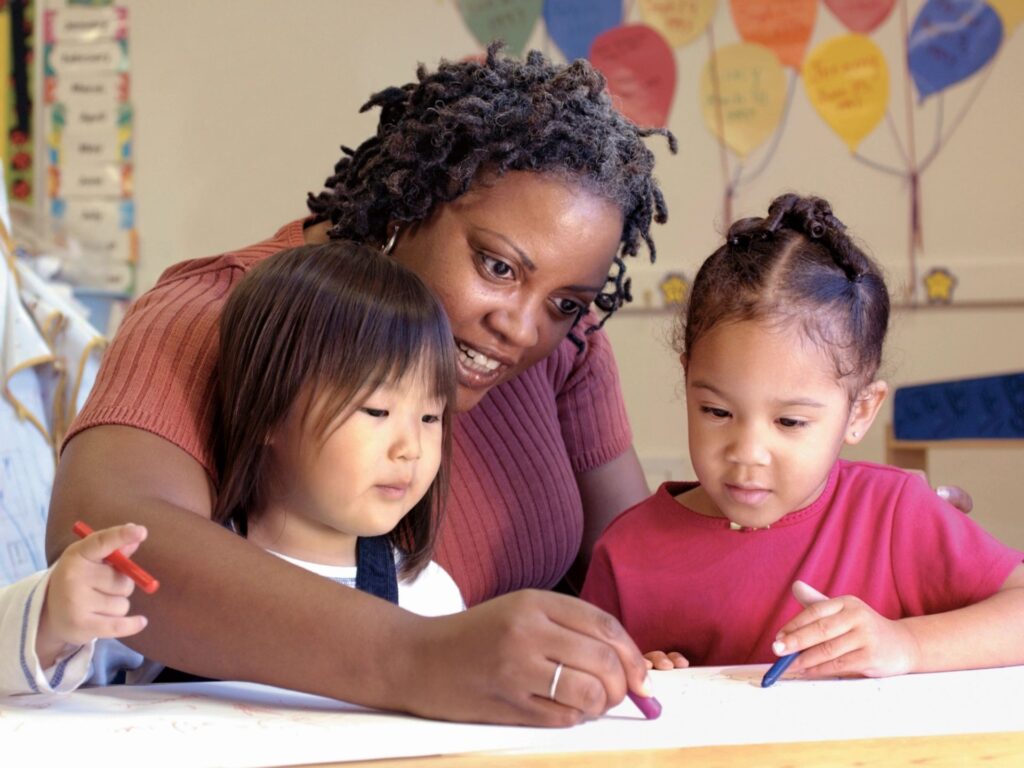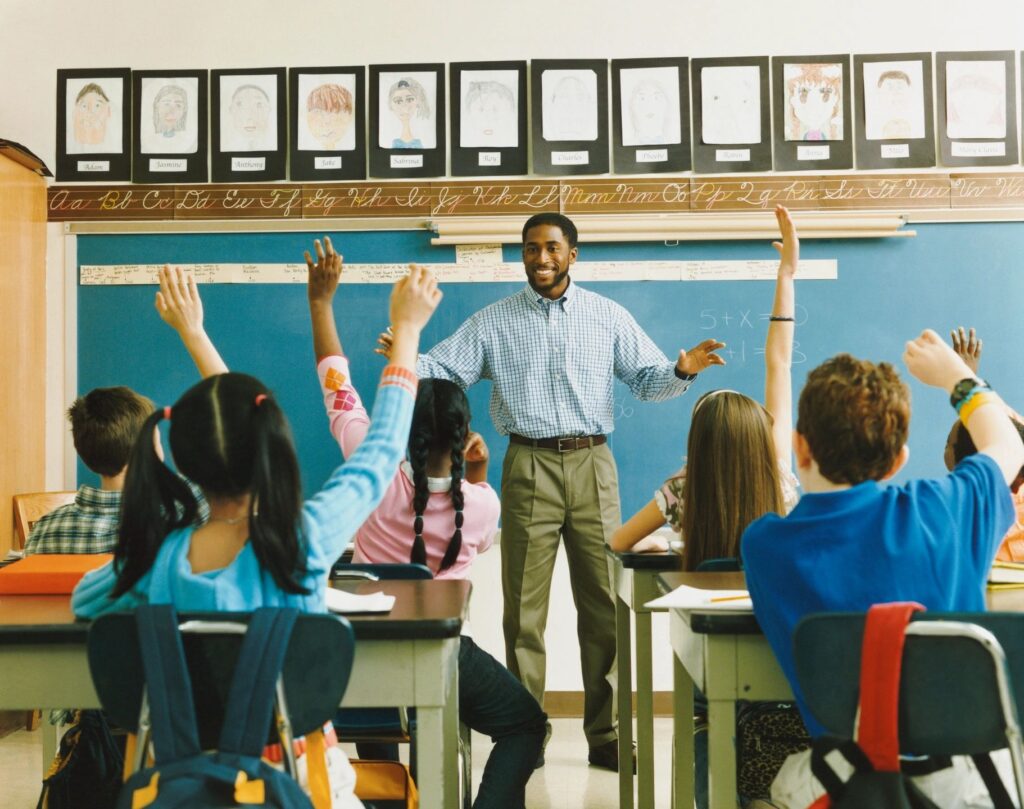Posts Tagged ‘Children’
The Education Gender Gap: APA Task Force looks at How to Help Boys Succeed in School
The April/May, 2023 edition of the Monitor on Psychology, the bimonthly magazine of the American Psychological Association, led with a cover story about helping boys and young men succeed in the classroom (Abrams, 2023). The article was introduced with a bold statement: “At school, by almost every metric, boys of all ages are doing worse…
Read MoreAmerican Psychological Association Publishes Guidelines on Social Media Use for Children and Adolescents
Social media, like any technology, is neither inherently good nor bad. Its value lies in how we choose to use it. To encourage the positive use of social media and discourage harmful practices among children and adolescents, the American Psychological Association (APA), an organization with 146,000 members, has published a series of recommendations and advisories…
Read MoreAwareness and Sympathy May Be Key Components of Guilt for Children
Guilt is a negative emotion, but it’s a negative emotion that to some extent is good. If no one ever felt guilt, the world would be a scary place indeed! One question about guilt is how the tendency to feel guilt develops in childhood. We know that some children feel guiltier than other children when…
Read MoreHow Different Types of TV Viewing Relate to Children’s Language Skills
Something you never hear anyone say is “children these days don’t watch enough TV.” Indeed, a 2017 report found the average child in the US who is 8 years old or less has more than two hours of screen time a day, with a good chunk of that going into television viewing. You might suspect…
Read MoreWhat a Connection to Nature Means for Kids
It’s a common complaint that kids these days don’t get outside enough. There may be something to that claim, as well, with parents of 8 to 12 year olds saying in one survey that their children spent three times as much time playing on screens as playing outside. Intuitively, you might suspect that children who…
Read MoreShort Interval Between Children Ups Risk of Divorce
We all like a fairytale love story, but psychologists are just as interested in stories about marriages that fall apart. That much is clear from a study I wrote about last year, in which researchers surveyed a couple thousand residents of Denmark about their reasons for divorce. Participants found a whole range of shortcomings in…
Read MoreDo Children Imitate Differently Across Cultures?
Children have a lot to learn, and one of the ways they meet that formidable challenge is by imitating others. They’ll imitate the good things see. They’ll imitate the bad things they see. As I’ve written about before, they’ll even imitate robots. What’s less clear is whether children in different cultures practice the art of…
Read MoreHungry Kids Don’t Like to Share
It’s hard to be concerned with lofty philosophical principles when you’re hungry. A new study from researchers at University of Chicago underscores this point in the context of an ethical dilemma that children face every day: whether to share. Of course, children aren’t the only ones who need to remember to share, but this particular…
Read MoreIn Neighborhoods With Faster Internet, Children Feel Worse About Their Lives
Who wouldn’t want a faster internet connection? Kids who want to feel good about their lives, maybe. A new analysis of data from 6,300 children carried about by researchers at University of Sheffield has come up with the finding that in neighborhoods with faster broadband speed, children and teenagers report feeling worse about their lives.…
Read MoreA Happiness Intervention for Teachers
Teaching is a stressful job. From managing a classroom, to taking work home at night, to trying to adequately explain new concepts and keep pace with a curriculum at the same time, teachers have a lot of demands to juggle. That’s a problem not just for teachers, but for the education system as a whole.…
Read More